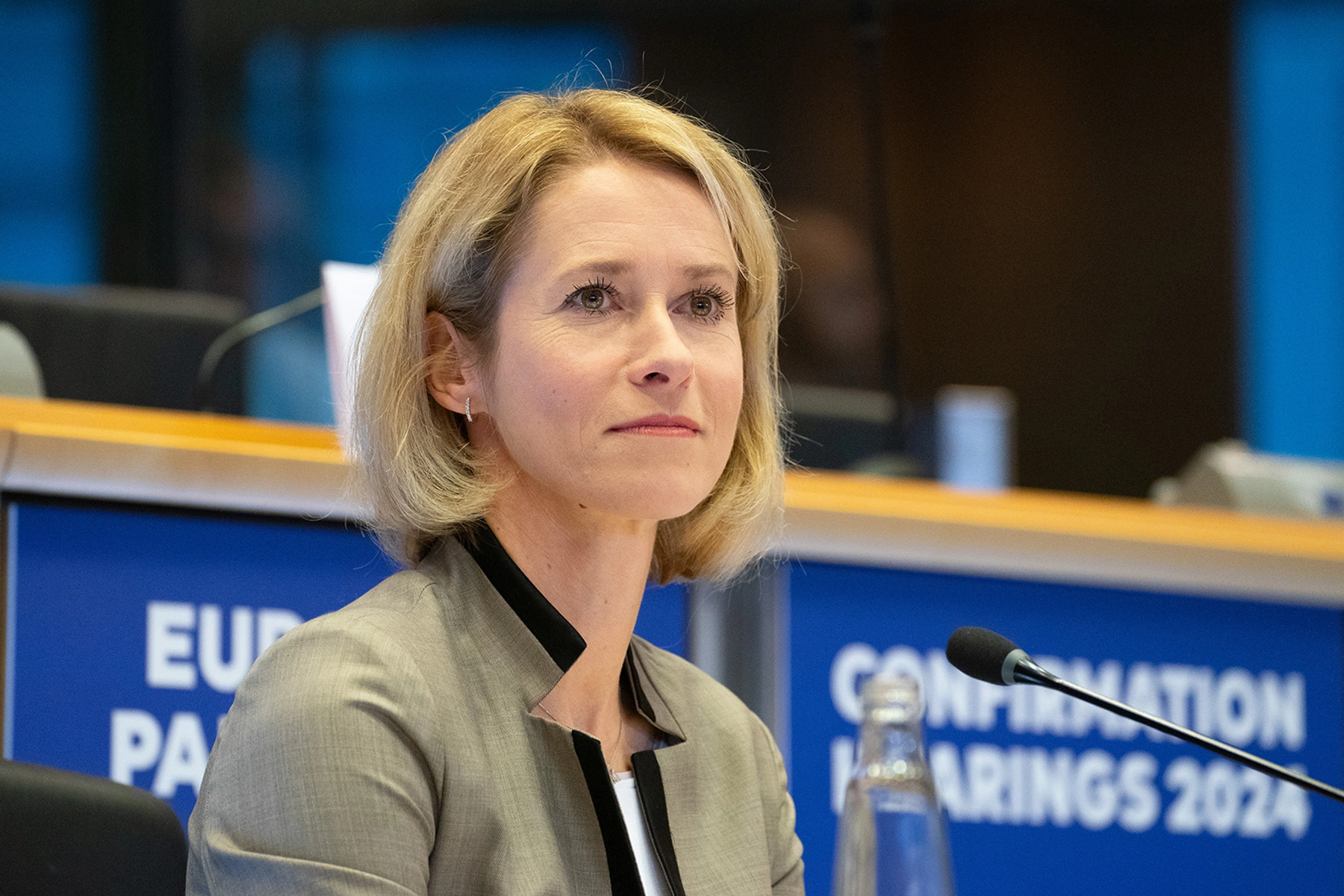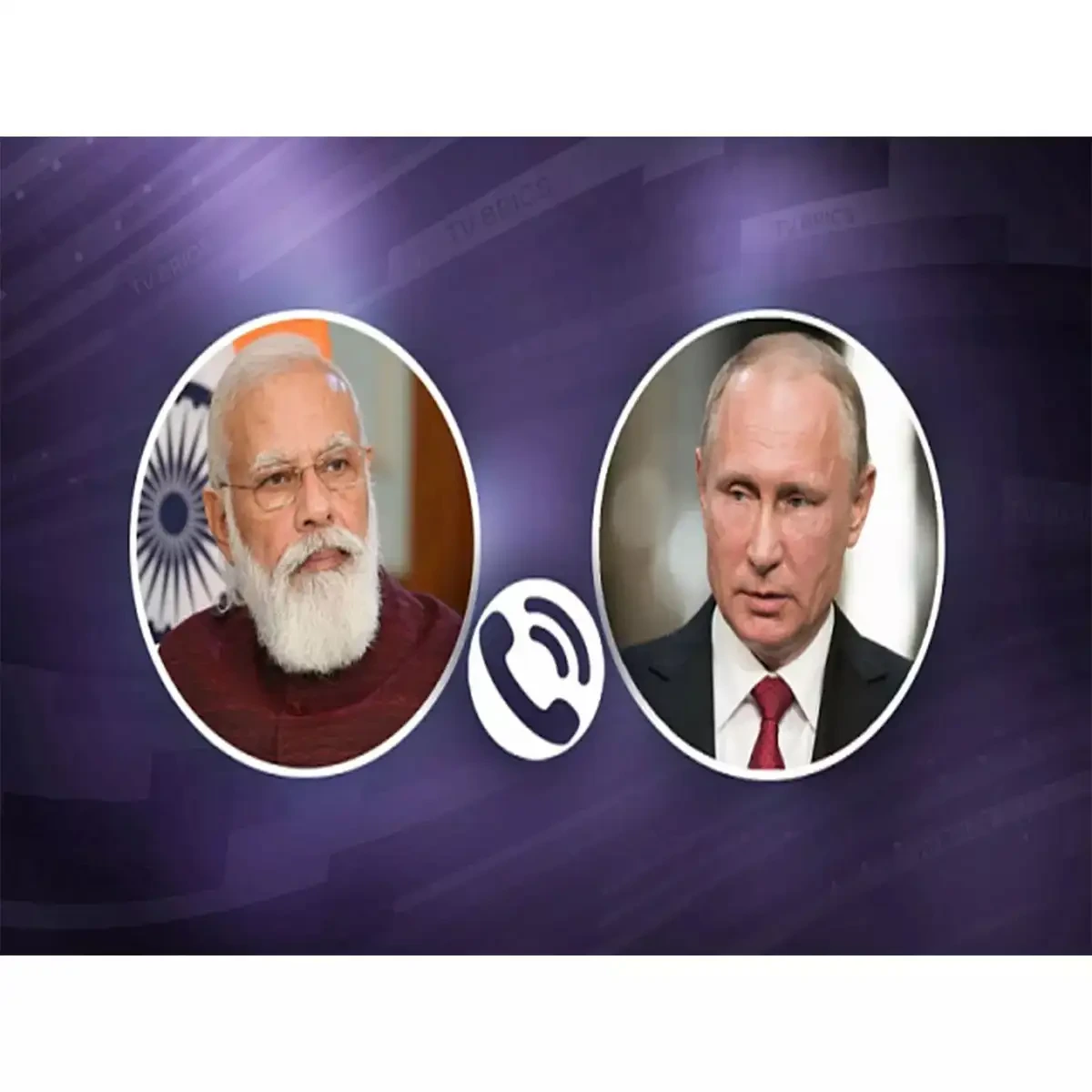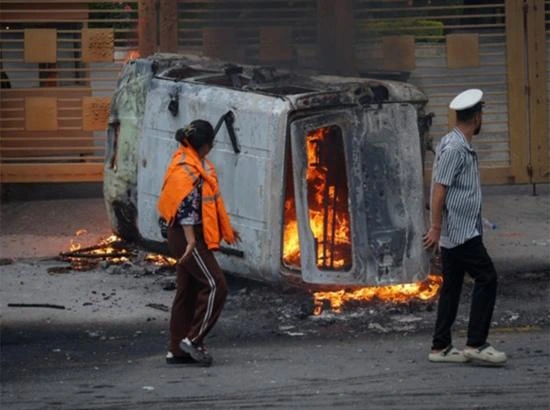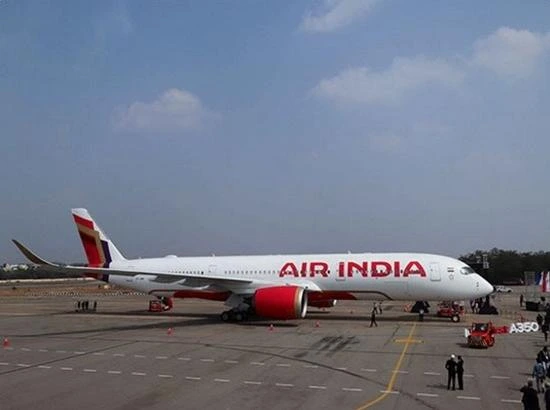In a landmark move to deepen diplomatic, economic, and security ties, European Commission Vice President Kaja Kallas and India’s External Affairs Minister Dr. S. Jaishankar conducted the first-ever EU-India Strategic Dialogue. The meeting marks a significant step forward in the evolving relationship between the European Union and India, two major players in global geopolitics.
Held in Brussels, the Strategic Dialogue laid the foundation for comprehensive cooperation on issues ranging from trade and technology to climate change and regional security. The active participation of Kaja Kallas in leading this dialogue reflects the EU’s growing interest in a strong, balanced, and forward-looking partnership with India.
The Role of Kaja Kallas in Strengthening EU-India Relations
Kaja Kallas’ Diplomatic Engagement Sets the Tone for Future Cooperation
As the Vice President of the European Commission and former Prime Minister of Estonia, Kaja Kallas brings a wealth of experience in governance, digital policy, and international diplomacy. Her leadership in the first EU-India Strategic Dialogue signals a renewed commitment from the EU towards stronger political engagement with India.
Speaking after the dialogue, Kaja Kallas emphasized the importance of India as a strategic partner in a rapidly changing global landscape. “India is not only a valued economic partner but also a key player in maintaining global stability. This Strategic Dialogue is a stepping stone toward deeper cooperation,” she noted.
A Shared Vision for a Multipolar World
Both Kaja Kallas and EAM Jaishankar underscored the need for a multipolar, rules-based international order. In an era marked by geopolitical competition and shifting alliances, the EU and India have increasingly found common ground on issues such as maritime security, data governance, and democratic values.
Kaja Kallas advocated for joint efforts to safeguard open sea routes, enhance cyber resilience, and ensure the ethical use of emerging technologies — areas where both entities can mutually benefit.
Key Areas of Cooperation Discussed During the Strategic Dialogue
Economic and Trade Partnerships High on Kaja Kallas‘ Agenda
One of the major topics of discussion was the EU-India Free Trade Agreement (FTA), which has been in negotiation for several years. Kaja Kallas reiterated the EU’s willingness to expedite the process and overcome the remaining hurdles.
With bilateral trade valued at over €120 billion, both sides agreed that a finalized FTA would unlock unprecedented opportunities for businesses and consumers. The leaders also explored ways to strengthen supply chains, enhance investment flows, and promote innovation through joint ventures.
Technology, Sustainability, and Climate Goals Aligned
Kaja Kallas highlighted digital transformation and green energy as pillars of EU-India cooperation. She expressed admiration for India’s ambitious renewable energy targets and offered EU support in the form of technology transfer, green financing, and capacity building.
The dialogue saw discussions on:
-
Expanding cooperation on digital public infrastructure
-
Joint R&D programs on clean hydrogen and battery storage
-
Enhancing regulatory alignment in data protection and AI ethics
Kaja Kallas believes such collaborations not only advance mutual goals but also position both India and the EU as leaders in the global sustainability movement.
Regional and Global Security Concerns Addressed
Kaja Kallas and Jaishankar Address Indo-Pacific and Ukraine Crisis
Geopolitical stability formed a key part of the dialogue. Both leaders expressed deep concerns over growing instability in regions such as the Indo-Pacific and Eastern Europe. Kaja Kallas, known for her strong stance on European security, raised the ongoing impact of the Russia-Ukraine conflict.
India, while maintaining its strategic autonomy, reiterated its support for peaceful dialogue and respect for international law. The EU and India agreed to expand maritime cooperation, intelligence sharing, and joint exercises to ensure freedom of navigation in international waters.
Counter-Terrorism and Cybersecurity on the Agenda
Security collaboration went beyond traditional threats. Kaja Kallas stressed the urgency of working together on cybersecurity, hybrid warfare, and counter-terrorism, all of which pose complex and evolving risks.
The dialogue reaffirmed mutual commitments to fight online extremism, safeguard critical infrastructure, and implement joint frameworks for data protection and digital resilience.
People-to-People Ties and Cultural Diplomacy
Kaja Kallas Supports Mobility and Education Initiatives
Another major focus of the dialogue was on enhancing people-to-people ties. Kaja Kallas announced support for initiatives aimed at promoting student exchange programs, research partnerships, and professional mobility.
The two sides discussed expanding Erasmus+ programs and simplifying visa procedures for Indian students and professionals seeking opportunities in Europe.
Celebrating Cultural Synergy Between India and the EU
The Strategic Dialogue also took a moment to recognize the cultural depth shared by the EU and India. Kaja Kallas praised India’s contributions to global art, literature, and philosophy and advocated for greater cultural exchange through festivals, exhibitions, and collaborative arts initiatives.
The dialogue proposed launching an annual EU-India Cultural Week to celebrate shared values and deepen mutual understanding among citizens.
Future Roadmap and Strategic Takeaways
What Comes Next After Kaja Kallas’ Strategic Breakthrough?
The Strategic Dialogue concluded with the signing of a joint statement outlining priority areas and timelines for implementation. Both sides agreed to establish task forces for:
-
Digital partnerships
-
Green energy collaboration
-
Maritime and cybersecurity
-
Regulatory convergence in pharmaceuticals and tech
Kaja Kallas reaffirmed the EU’s interest in holding regular high-level dialogues and technical working groups to ensure tangible progress.
Global Implications of the EU-India Partnership
With China’s growing assertiveness and the evolving dynamics of global supply chains, partnerships like the one between the EU and India are increasingly seen as stabilizing forces. The leadership role played by Kaja Kallas in this context sends a strong message about the EU’s commitment to India not just as a market but as a strategic ally.
Experts believe this could serve as a blueprint for future engagement between the EU and other democratic nations in Asia and beyond.
Conclusion: Kaja Kallas Ushers in a New Era of EU-India Relations
The first EU-India Strategic Dialogue, spearheaded by Kaja Kallas and Dr. S. Jaishankar, marks a defining moment in the history of bilateral relations between the two regions. With shared goals in economic growth, technology, climate action, and global security, this dialogue lays the groundwork for a robust and resilient partnership.
As a visionary leader and advocate for digital democracy, Kaja Kallas has positioned herself as a key architect in shaping a cooperative, sustainable, and strategic EU-India alliance. The outcomes of this dialogue will undoubtedly resonate far beyond Brussels and New Delhi — influencing regional stability, global policy, and the future of multilateral collaboration.
Source : ANI





